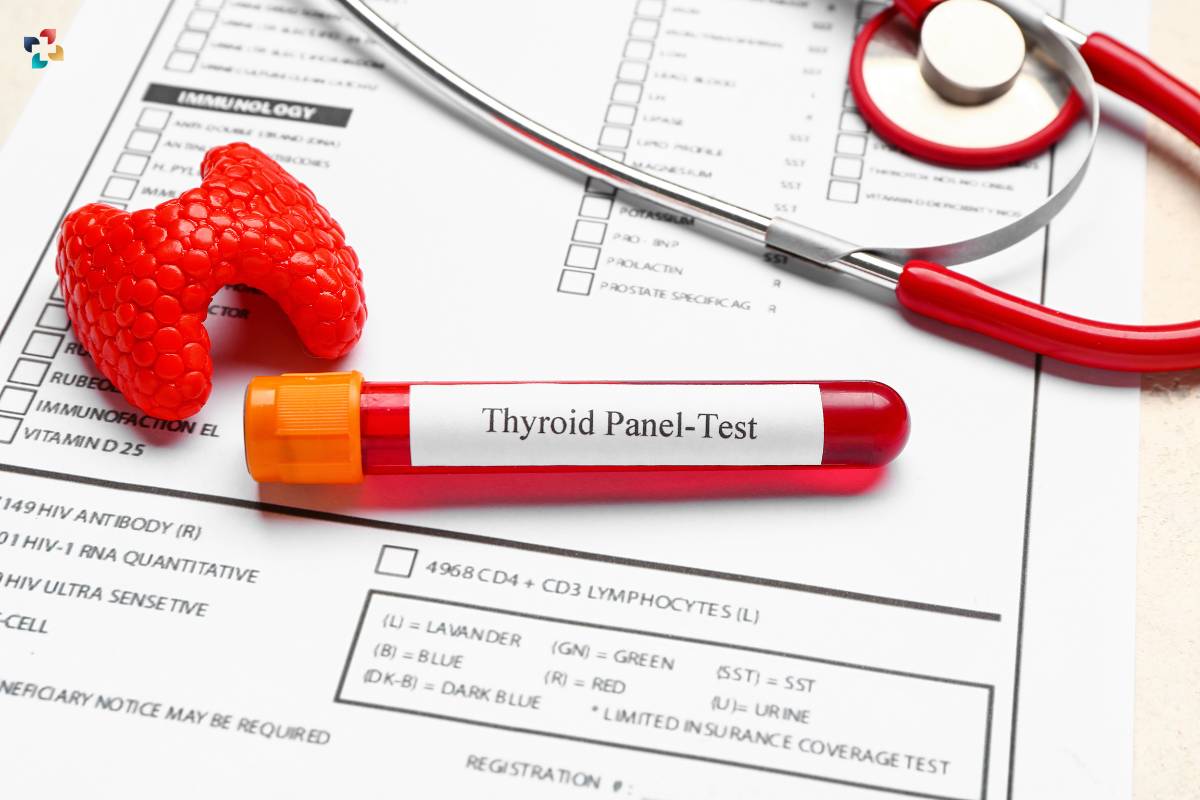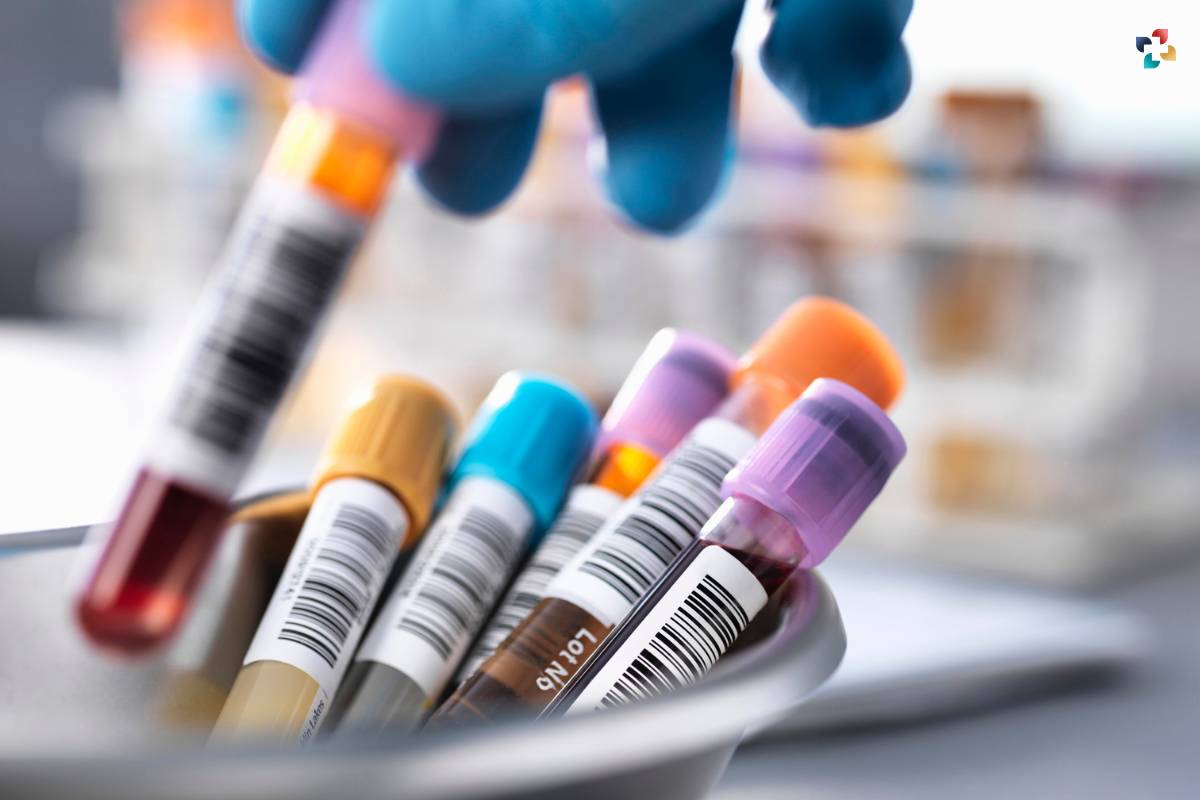Maintaining excellent health and averting potential medical problems require routine checkups. The pathology test, which is essential for identifying and tracking a variety of medical disorders, is one component of a thorough health examination. This post will offer a thorough overview of pathology tests, outlining their definition, significance, and the various kinds of tests that are frequently carried out as part of a complete examination.
What Is a Pathology Test?
Pathology tests, also known as laboratory tests or diagnostic tests, involve the analysis of blood, urine, tissue, or other bodily fluids to determine the presence, absence, or severity of a medical condition. These tests help healthcare professionals evaluate a patient’s health, confirm or rule out a diagnosis, monitor the progress of a disease, or assess the effectiveness of treatment.
Why Are Pathology Tests Important?
Pathology tests are a vital component of modern healthcare for several reasons:
- Early Detection: Many diseases can be asymptomatic in their early stages. Pathology tests can detect abnormalities or changes in the body before symptoms appear, enabling early intervention and better treatment outcomes.
- Diagnosis and Confirmation: Pathology tests help confirm a diagnosis, providing essential information for healthcare professionals to determine the right course of action.
- Monitoring Chronic Conditions: For individuals with chronic diseases such as diabetes or hypertension, regular pathology tests help monitor the condition and assess treatment efficacy.
- Preventative Health: Pathology tests can identify risk factors and lifestyle changes that can help individuals prevent disease and maintain overall health.
Common Pathology Tests in a Full Check-Up

During a full health check-up, various pathology tests may be recommended based on your age, gender, medical history, and risk factors.
Here are some of the most common tests included in a comprehensive check-up:
1. Complete Blood Count (CBC)
A CBC provides information about the types and numbers of blood cells in your body. It can detect various disorders, including anemia, infection, and other diseases.
2. Lipid Profile
This test measures cholesterol levels in the blood, including low-density lipoprotein (LDL) and high-density lipoprotein (HDL). It helps assess the risk of heart disease.
3. Blood Glucose Test
This test measures your blood sugar levels and is crucial for diagnosing diabetes and monitoring blood sugar control.
4. Liver Function Tests
These tests assess the health of the liver by measuring various liver enzymes and other substances in the blood. They help detect liver diseases and assess liver function.
5. Kidney Function Tests
Kidney function tests measure creatinine and blood urea nitrogen (BUN) levels to evaluate how well your kidneys are functioning. Kidney problems can be identified through these tests.
6. Thyroid Function Tests
Thyroid function tests measure thyroid hormone levels and help diagnose conditions like hyperthyroidism and hypothyroidism.
7. Cancer Markers
Certain cancer markers, such as prostate-specific antigen (PSA) for prostate cancer or CA-125 for ovarian cancer, may be included in cancer screening based on risk factors and age.
8. Vitamin D and B12 Levels
These tests assess your levels of essential vitamins and can help identify deficiencies that may lead to various health issues.
9. Bone Health
Bone density tests, like dual-energy X-ray absorptiometry (DEXA), measure bone density and assess the risk of osteoporosis.
10. Infectious Disease Screening
Tests for infectious diseases like HIV, hepatitis, and sexually transmitted infections may be recommended depending on individual risk factors and lifestyle.
Preparing for Pathology Tests
Before undergoing pathology tests as part of a full check-up, it’s essential to follow certain guidelines to ensure accurate results:
- Fasting: Some tests, like lipid profiles and blood glucose tests, may require fasting for a specific period before the test. Typically, you should fast for at least 8-12 hours before these tests.
- Medication: Inform your healthcare provider about any medications you are taking, as some medications can affect test results. They will advise you on whether to continue or temporarily stop taking specific medications.
- Hydration: Staying hydrated is essential, especially when blood tests are involved. Drink water as usual, but avoid excessive consumption right before the test to prevent dilution of the blood sample.
- Clothing: Wear loose-fitting clothing that allows easy access to your arm for drawing blood. This will make the process more comfortable for both you and the healthcare provider.
- Rest: Ensure you get a good night’s sleep before the test, as fatigue can affect test results.
- Inform Your Doctor: If you are pregnant, have allergies, or are taking any supplements, it’s crucial to inform your doctor. These factors can influence the interpretation of test results.
Understanding Pathology Test Results

Interpreting pathology test results can be complex, as it requires expertise in the field. Your healthcare provider will analyze the results in the context of your medical history, physical examination, and other factors. They will discuss the findings with you, explain what they mean, and recommend any necessary follow-up actions.
Here are a few common terms you may encounter when reviewing pathology test results:
- Reference Ranges: Pathology tests are interpreted based on reference ranges, which are established values for specific tests. Results falling within these reference ranges are considered normal, while those outside the range may indicate a medical issue.
- Abnormal Results: If your results are outside the reference range, they are typically labeled as abnormal. However, an abnormal result does not always indicate a serious health problem; it may require further investigation.
- Variability: Pathology test results can vary for an individual depending on various factors, such as age, sex, and overall health. What is normal for one person may not be the same for another.
- Follow-Up Tests: In some cases, abnormal results may warrant follow-up tests to confirm a diagnosis or rule out any errors in the initial testing.
- Treatment or Lifestyle Changes: Depending on the results and diagnosis, your healthcare provider may recommend treatment, lifestyle changes, or additional monitoring to address the issue.
Benefits of Regular Pathology Tests
Regular pathology tests as part of a full check-up offer several benefits:

- Early Disease Detection: Early detection of health issues, such as diabetes or heart disease, allows for timely intervention and better management.
- Preventive Health: Regular check-ups and tests help identify risk factors, enabling you to make necessary lifestyle changes to prevent certain conditions.
- Monitoring Chronic Conditions: For those with chronic diseases, such as hypertension or kidney disease, regular pathology tests are essential for monitoring disease progression and treatment effectiveness.
- Peace of Mind: Regular check-ups provide peace of mind, knowing that you are proactively managing your health and reducing the risk of unexpected health crises.
- Informed Decision-Making: Understanding your health status through pathology tests allows you to make informed decisions about your well-being and healthcare.
- Longevity and Quality of Life: Early intervention and preventive measures can contribute to a longer and healthier life.
Conclusion
In order to facilitate early disease identification, preventative health, and well-informed decision-making, pathology tests are an essential component of comprehensive examinations. It is imperative that everyone comprehends the importance of these tests and how they contribute to overall health maintenance. Along with pathology tests, routine check-ups provide you the chance to take control of your health and make sure that any potential problems are quickly detected and treated.
The first step to taking a healthier and more proactive approach to your well-being is to work closely with your healthcare practitioner to evaluate and act on pathology test results, whether you’re addressing particular health concerns or getting a basic check-up. In the end, a thorough examination with pathology tests is an investment in your health that can provide you with confidence and the possibility of a longer and healthier life.
Also Read: Vegetarianism May Run In Your Family











